Keywords: Seal Of Confession
-
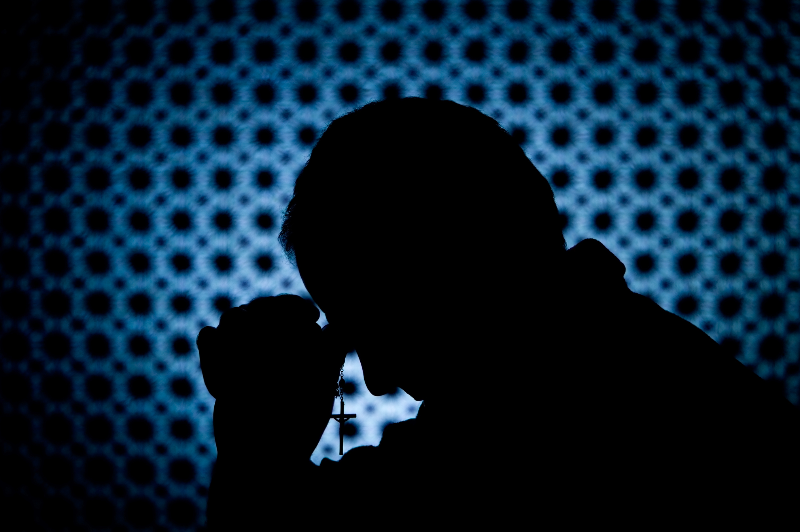
RELIGION
- Bill Uren
- 05 October 2021
15 Comments
As a result of the pandemic, like other religious observances, the availability of the Sacrament of Penance has been drastically curtailed, and it is unlikely that recourse to the sacrament will be as frequent as previously even when the restrictions are lifted. Further, the confidence of the laity in the inviolability of the seal has, understandably, been undermined, a consequence of which may again be that recourse to the sacrament will be in decline.
READ MORE 
-

AUSTRALIA
- Andrew Hamilton
- 12 December 2018
15 Comments
Victoria's government has promised legislation to force religious ministers to report information about child sexual abuse received in Confession, and called a royal commission after revelations a lawyer breached the professional duty of confidentiality to clients. The implications of these breaches of confidentiality deserve reflection.
READ MORE 
-

RELIGION
- Michael McVeigh
- 23 October 2018
17 Comments
Survivors and their families have been at the centre of this story, and now it's theirs to carry. For years, the people who maintained they were victims of abuse were told that they were trapped in a story about something that had happened to them when they were children. But that wasn't the story they were in at all.
READ MORE 
-
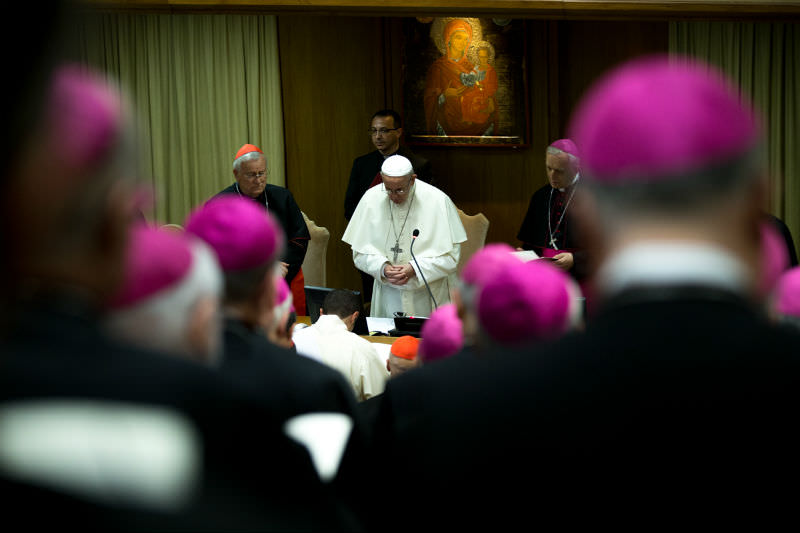
RELIGION
- Gail Grossman Freyne
- 05 October 2018
26 Comments
The numbers show this is not a witch hunt, merely the tip of a conclave. Any man who becomes a seminarian, then a deacon, then a priest, then a bishop, then a cardinal, will almost certainly have bumped into, bounced off or blindfolded himself to the endemic problem within the Church of the sexual abuse of children and vulnerable persons.
READ MORE 
-
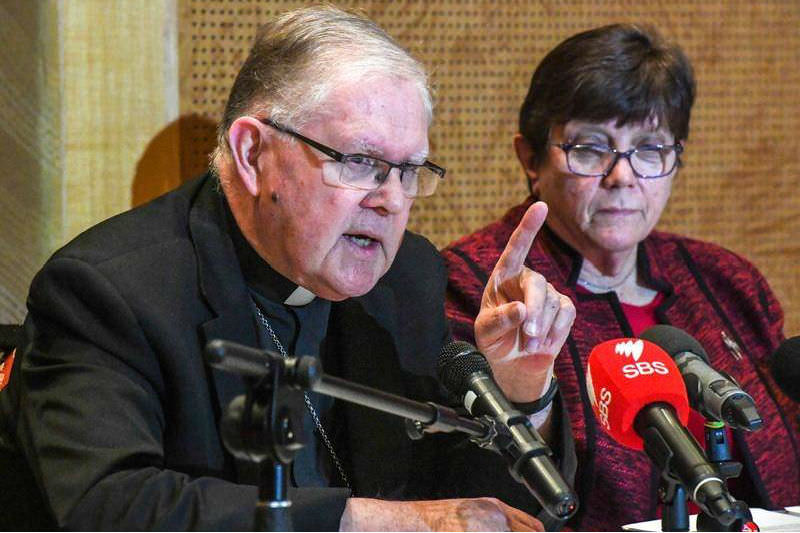
RELIGION
- John Warhurst
- 02 September 2018
47 Comments
The question of the seal is seen as proof that the church leadership is still resisting the royal commission recommendations. That impression can only be allayed if the church's record in a decade's time can be shown to be impeccable in responding to the other 98 per cent. Already 98 per cent has been shown to be a rubbery figure.
READ MORE 
-
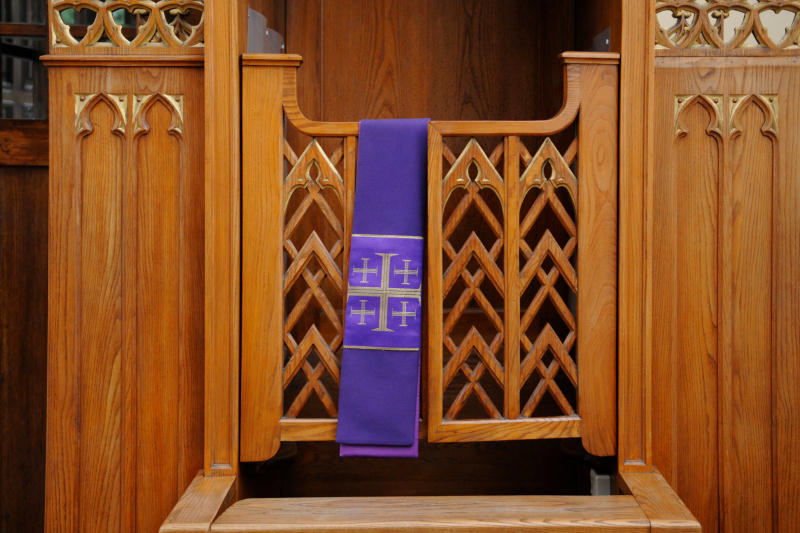
RELIGION
- Frank Brennan
- 20 August 2018
31 Comments
There is no way I would want to defend a seal of the confessional so widely drawn as that defined by Archbishop Anthony Fisher. However, I do think there is a case for respecting the seal of the confessional tightly defined as done by the canonist Fr Ian Waters. But to do that, the Church would need to get its act together.
READ MORE 
-
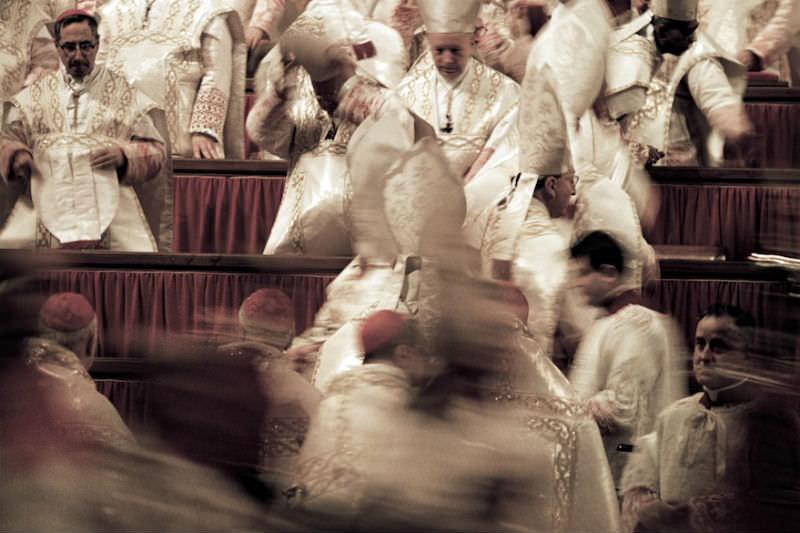
RELIGION
- Justin Glyn
- 08 August 2018
21 Comments
Canon law, not usually a household term, has come into the public eye of late, especially in the wake of the Royal Commission into Institutional Responses to Child Sex Abuse. Given this newfound prominence, it seems a good time to have a look at what canon law is — and what it isn't.
READ MORE 
-
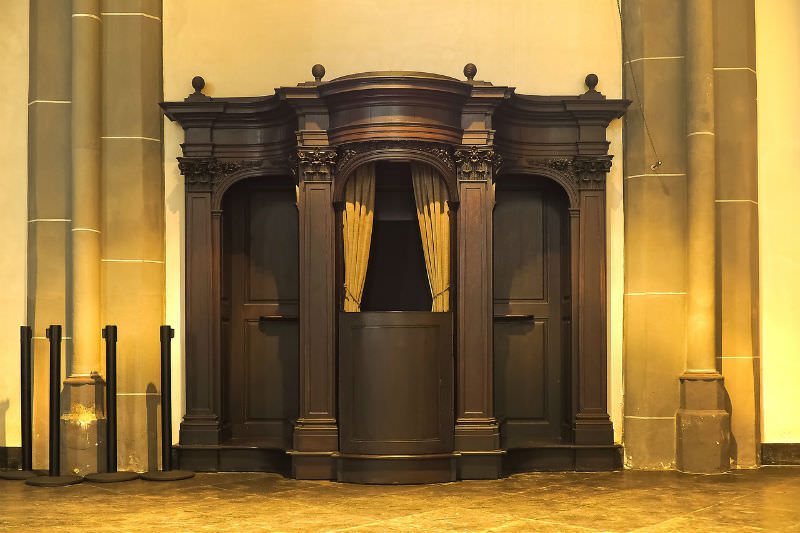
RELIGION
- Peter Johnstone
- 18 July 2018
46 Comments
The arguments for exemption ignore or deny the harm to children that can arise from failure to report. They claim the law would be ineffective because few paedophiles go to confession, and might not confess if the seal did not apply. Such conjectural arguments ignore the basic principle that all harm to a child must be forestalled.
READ MORE 
-
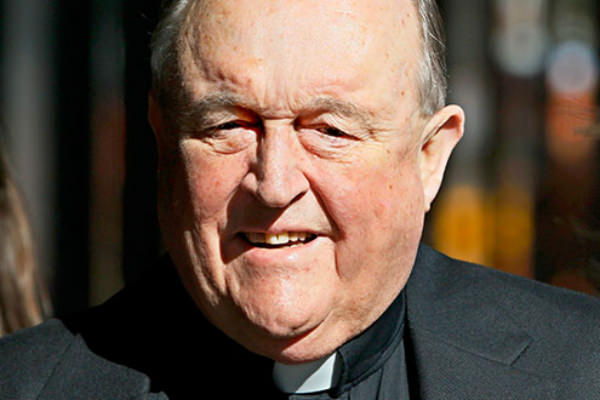
MEDIA
- Alan Atkinson
- 13 July 2018
51 Comments
I have interviewed Wilson just once, while working for the ABC in Adelaide. I am not a Catholic. I abhor sexual abuse and its concealment. I do not wish to debate the rights or wrongs of resignation but simply reflect on whether the pursuit of Wilson could be described as a witch-hunt and whether he might be a scapegoat for the sins of many.
READ MORE 
-
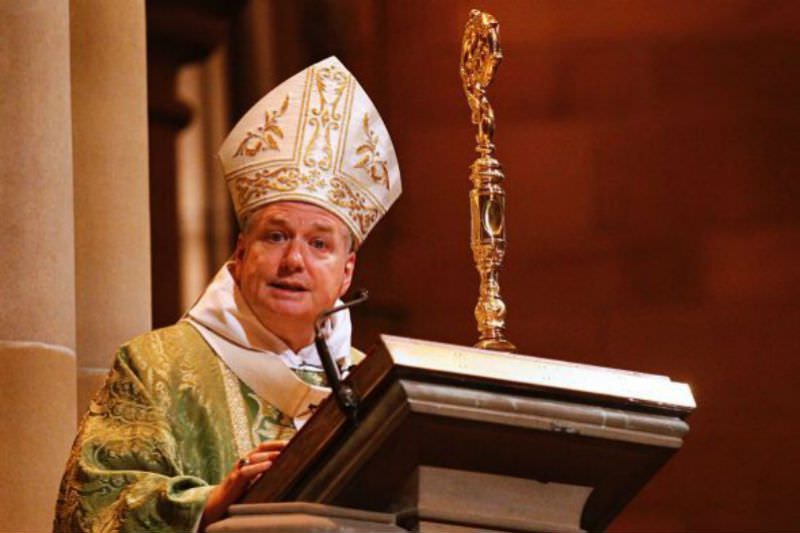
RELIGION
- Frank Brennan
- 03 April 2018
48 Comments
Archbishop Fisher's Easter warning was in part responding to the findings of the royal commission and in part to some of the submissions to the Ruddock panel on religious freedom. Being on the panel, it would not be appropriate for me to comment on particular submissions at this time. But I was shocked by the Archbishop's shrill tone.
READ MORE 
-
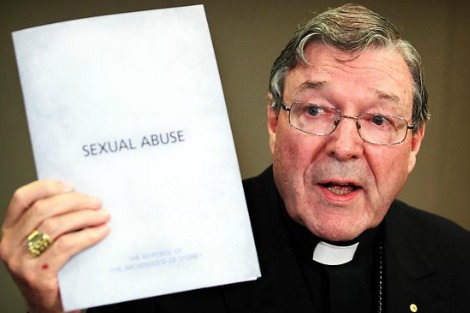
RELIGION
- Frank Brennan
- 08 January 2018
13 Comments
The statistics were horrifying. Every case represented a person who claims as a child to have been abused by a person of authority in a Catholic institution. Whichever way the statistics are interpreted in comparison with other institutions, they are appalling. We need to hold the victims clearly in focus.
READ MORE 
-
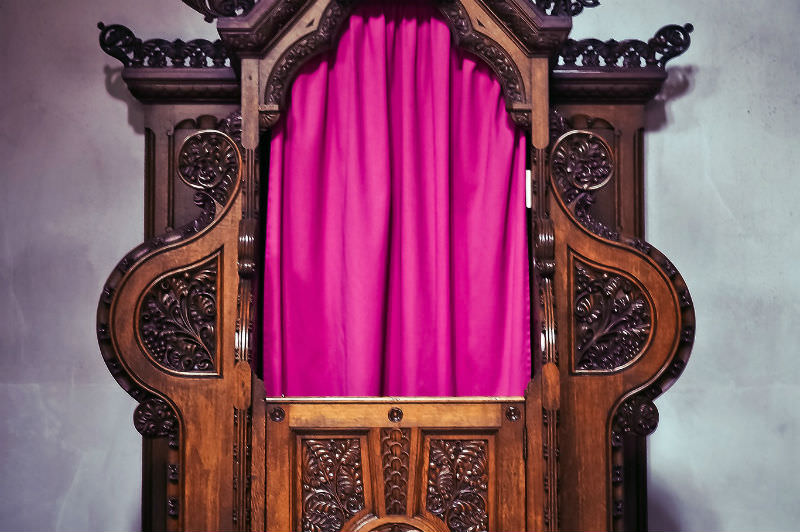
RELIGION
- Bill Uren
- 07 December 2017
34 Comments
I suspect the royal commission will recommend the seal of confession should no longer remain absolute. I also know that all priests of my acquaintance will rather go to jail than violate the seal. I cannot then see that such a move will be anything but unproductive. Perpetrators will be less likely to go to confession and priests will go to jail.
READ MORE 